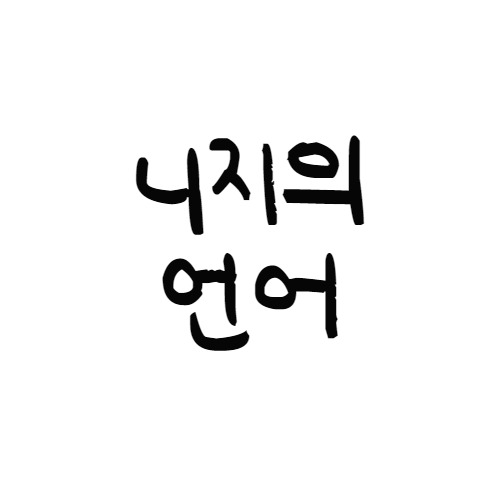니지의 언어
Easy Korean :: Difference between 추억 and 기억 (memory) 본문
Easy Korean :: Difference between 추억 and 기억 (memory)
하니지 2023. 5. 16. 14:32
Exploring vocabulary nuances in a language can greatly enhance our understanding and fluency. In Korean, two words that often perplex learners are "추억" and "기억." Though both words can be translated as "memory" in English, they possess distinct meanings and usage. In this blog post, we will delve into the difference between "추억" and "기억" and provide examples to elucidate their usage.
추억 (choo-eok):
"추억" refers to nostalgic memories or recollections associated with past events or experiences. It carries a sentimental and emotional connotation.
Here are a few examples:
"그 여름의 추억은 아직도 마음 깊이 간직되어 있어요."
(The memories of that summer are still deeply cherished in my heart.)
"어린 시절 추억들이 떠오르네요."
(Childhood memories are coming back to me.)
기억 (gi-eok):
"기억" refers to the general concept of memory, encompassing the ability to remember or recall information. It is a more neutral and broader term.
Here are some examples:
"어제 일어난 일을 기억하고 있어요."
(I remember what happened yesterday.)
"과거에 있었던 일들은 기억이 희미해져 가고 있어요."
(Memories of past events are becoming faint.)
While both words deal with memory, "추억" emphasizes the emotional and nostalgic aspect, whereas "기억" encompasses the overall concept of remembering or recalling.
Here are a few additional examples to further illustrate the distinction:
"그 사진은 어린 시절의 추억을 떠올리게 해요."
(That photo brings back memories of my childhood.)
"기억이 안 나서 그 시간을 다시 추억하려고 노력하고 있어요." (Since I can't remember, I'm trying to recall that time as a memory.)
In summary, "추억" refers to nostalgic memories associated with past events, while "기억" is a broader term encompassing the ability to remember or recall information. By grasping the subtle differences between these two words, you can express your thoughts and experiences more accurately in Korean.
As you encounter more examples and engage in conversations, your understanding of vocabulary nuances like "추억" and "기억" will deepen, enabling you to communicate more effectively and naturally in Korean.
'한국어 > Korean Grammars & Vocabs' 카테고리의 다른 글
| Korean Expression :: 그랬으면 좋겠어요 meaning ('Hopefully' in Korean) (0) | 2023.05.27 |
|---|---|
| Easy Korean :: Difference between 살다 and 생활하다 (to live) (0) | 2023.05.18 |
| Easy Korean :: Difference between 많이 and 많은 (many, a lot) (0) | 2023.05.15 |
| Easy Korean :: Difference between 어떡해 and 어떻게 (how) (3) | 2023.05.14 |
| Easy Korean :: Difference between 아직 and 여전히 (still) (0) | 2023.05.13 |




